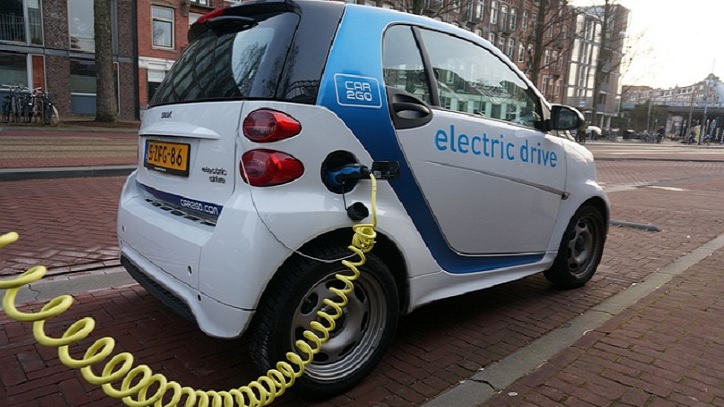
As the world embraces electric mobility, a significant hurdle to widespread electric vehicle (EV) adoption persists: the need for an economically sustainable charging infrastructure. In India, the EV charging network is expanding, with the number of stations reaching nearly 12,146 due to various initiatives aimed at speeding up their deployment. Despite this growth, EV drivers still face challenges in finding reliable charging points, while operators struggle with maintaining profitability. However, strategic thinking and innovative solutions can solve the economic puzzle of EV charging infrastructure.
The Cost Equation: Finding the Right Charge
Central to the issue is the question: How much should EV owners pay per charging session? Charging a 60 kWh EV battery costs between ?4 to ?10 per unit (kWh), depending on location and time. This cost competes well with fluctuating gasoline prices, but the overall equation is complex, involving energy costs, infrastructure investments, and consumer demand patterns.
Rohan Shravan, Founder and CEO of Tresa Motors, notes the significant investment required to set up a public charging station, estimated between ?30 lakh and ?50 lakh. This includes securing a commercial electricity connection and civil works. "As EV adoption accelerates, these costs are anticipated to decline," he says.
Redefining Costs: EVs vs. Petrol
The debate between EVs and gasoline vehicles often revolves around cost per kilometer, with EVs having a clear advantage. Ashok Vashist of WTiCabs highlights the lower environmental impact of EVs, citing zero tailpipe emissions and reduced running costs due to cheaper electricity and lower maintenance needs. "The EV charging network is still developing, but rapid advancements and investments are closing the gap, making EVs more convenient for long-distance travel," he explains.
In commercial and industrial EV fleets, the reliability of charging stations is crucial. High-quality infrastructure, rigorous maintenance, and smart energy management systems ensure seamless operations and economic viability, essential for the shift to sustainable transportation.
Aditya Singh Ratnu of Zevo asserts that EVs outperform internal combustion engine (ICE) vehicles in terms of environmental sustainability, energy efficiency, and long-term cost savings. "The widespread adoption of EVs hinges on robust charging infrastructure, advancements in battery technology, and supportive policies," he adds.
High-Speed Charging: The DC Fast Charger Revolution
High-power DC fast chargers are transforming the EV charging landscape, offering an 80% charge in just 30 minutes for compatible vehicles. This alleviates "range anxiety" and enables longer journeys without the fear of running out of charge. However, deploying these chargers requires substantial investments in grid upgrades and balancing power demand and supply.
Ratnu notes, "While the upfront costs are significant, the long-term benefits and cost savings associated with reduced emissions and improved sustainability make these investments worthwhile. The costs for setting up infrastructure may seem high now, but they are a necessary one-time investment for a cleaner, more accessible, and cost-effective mobility ecosystem."